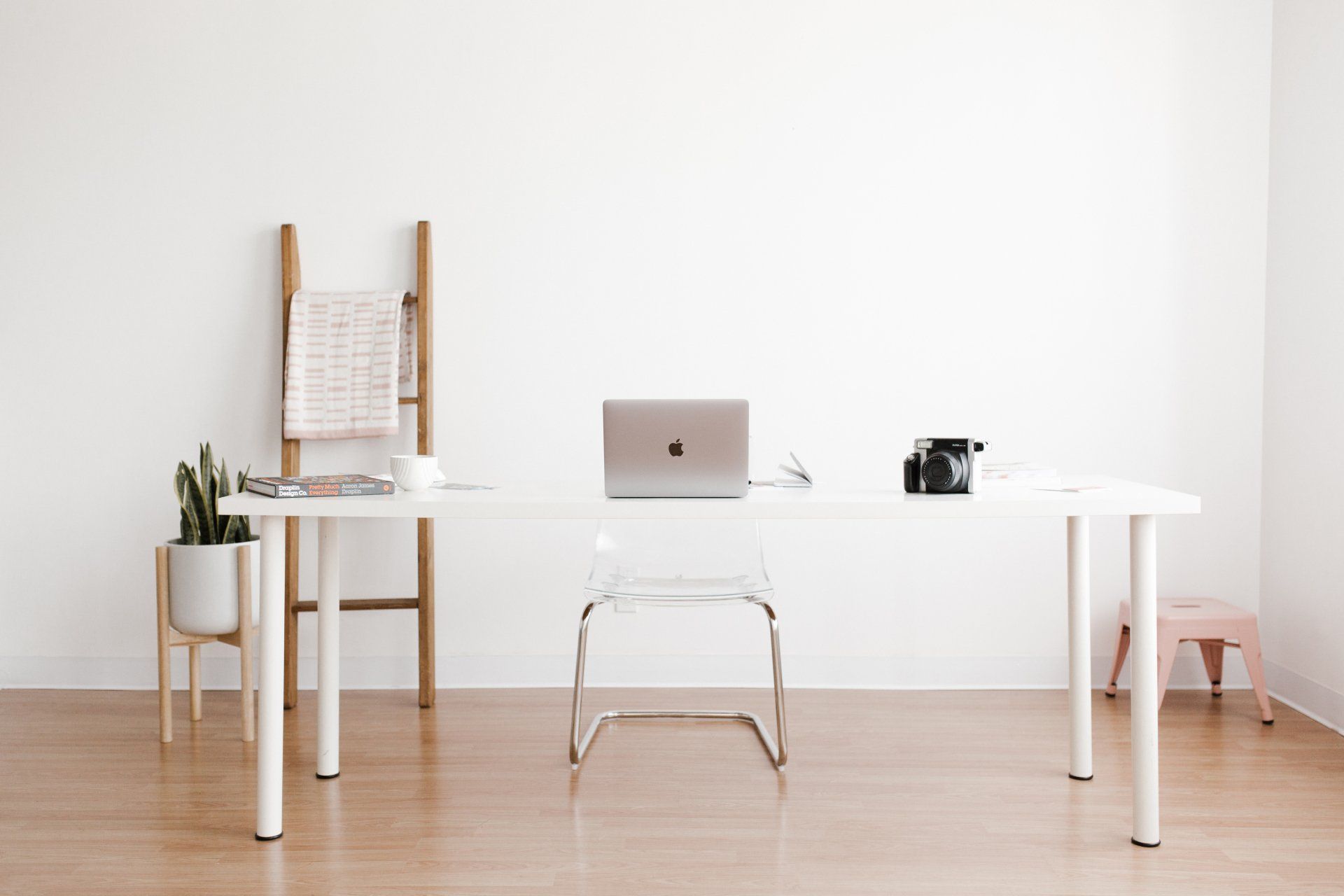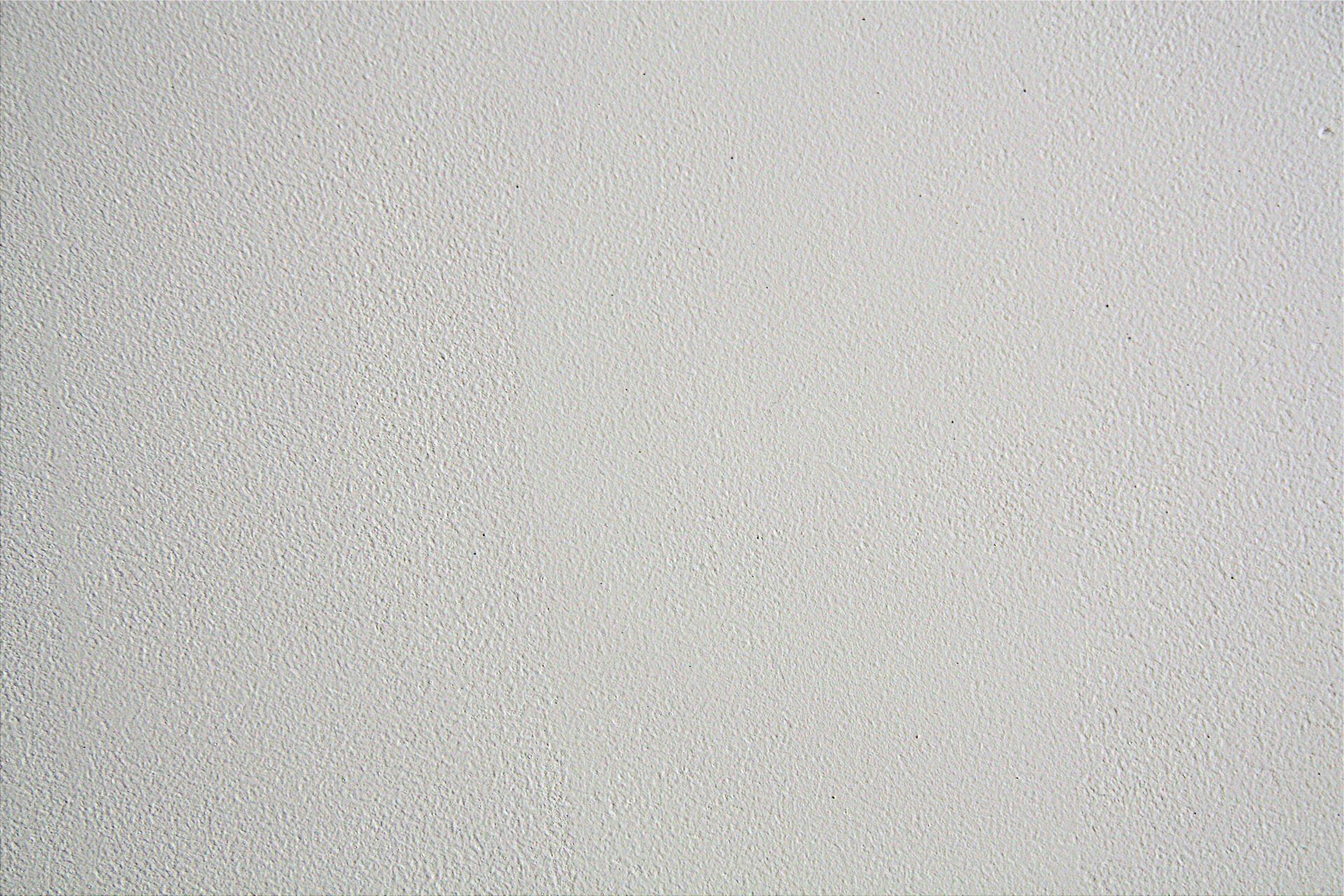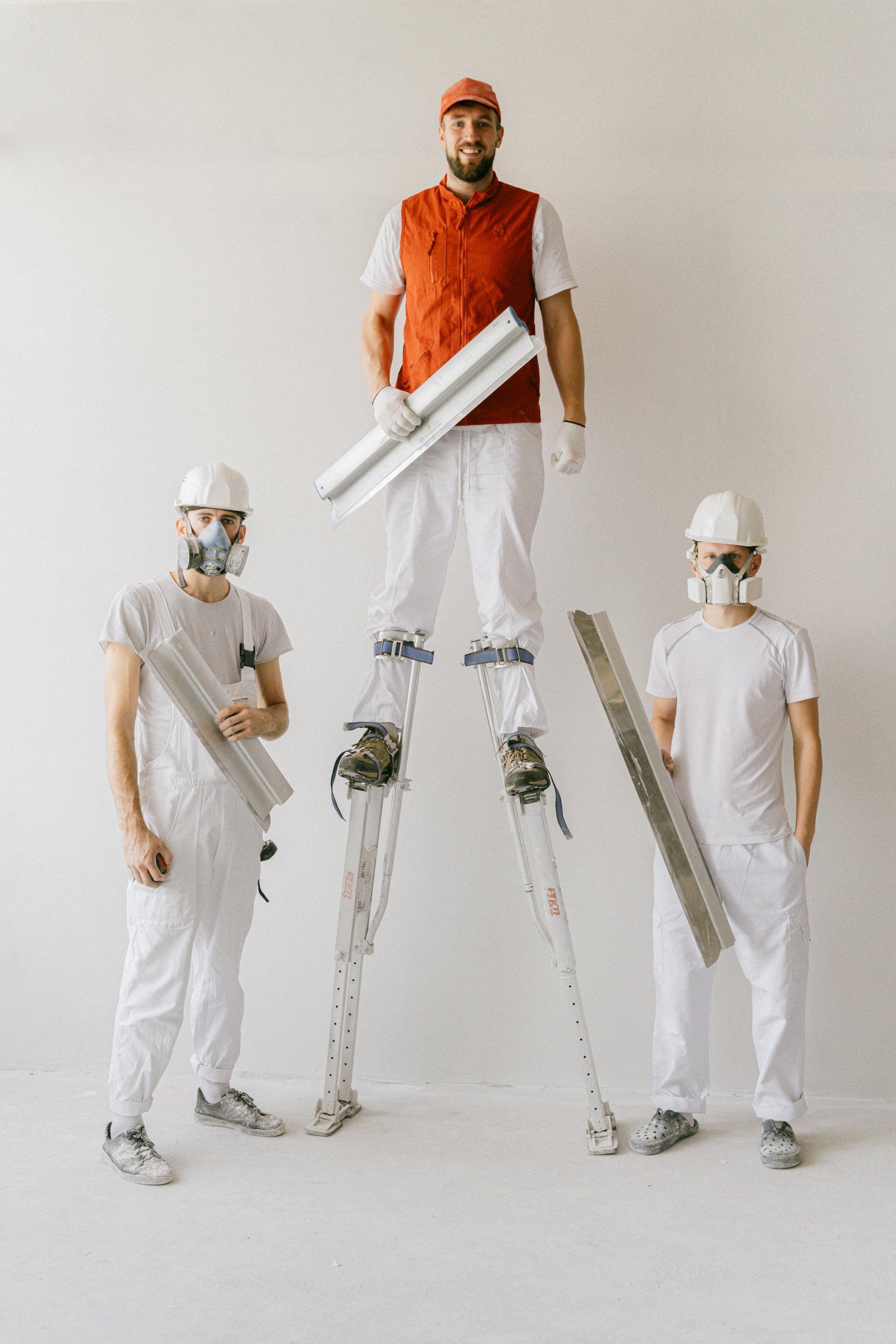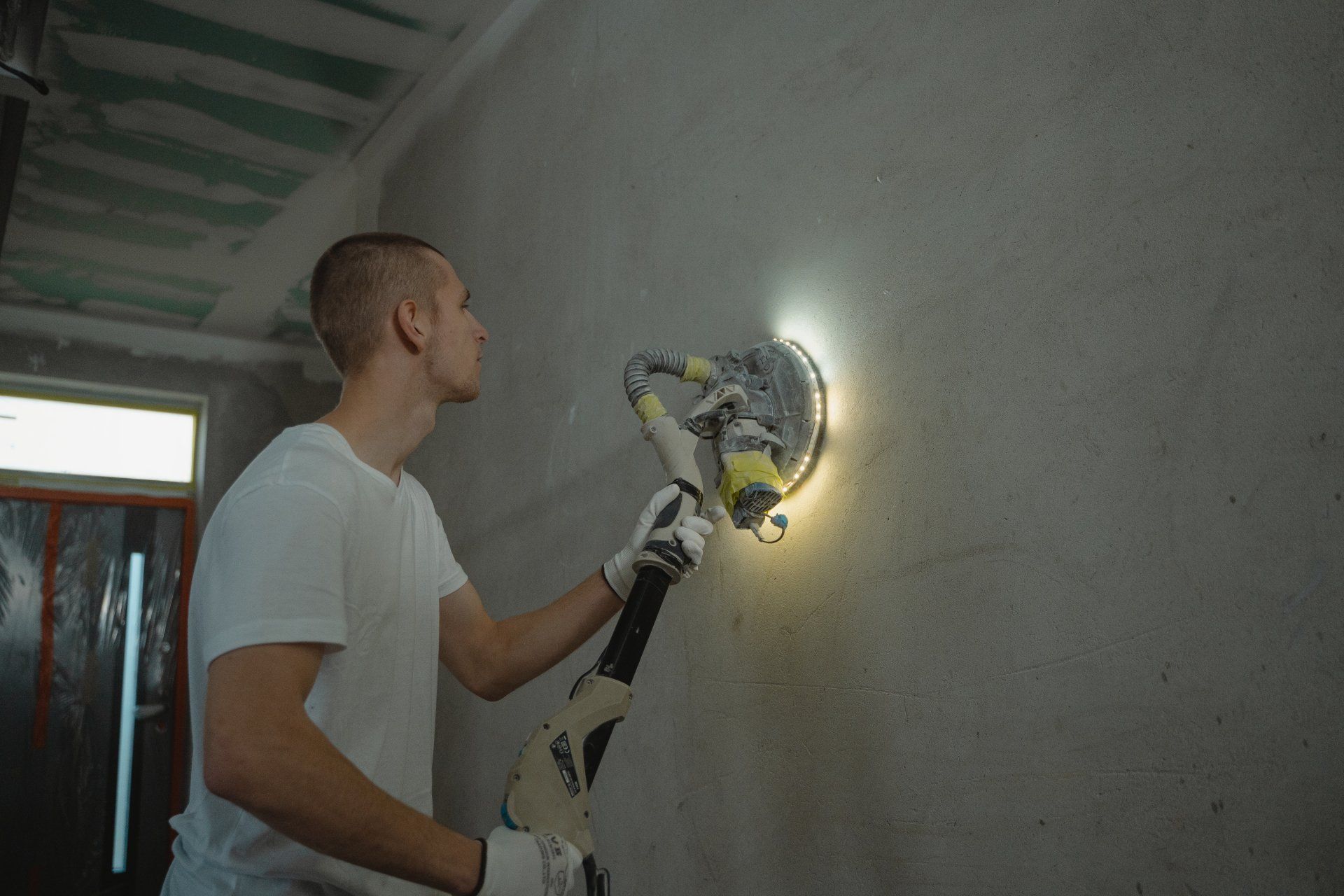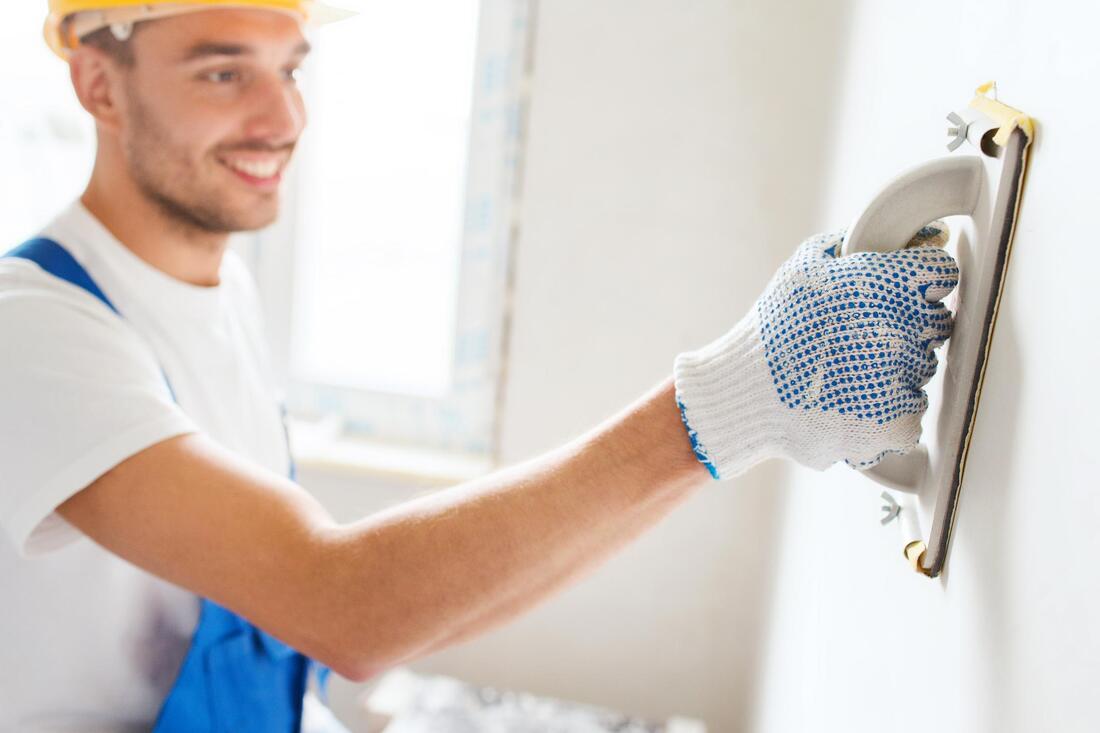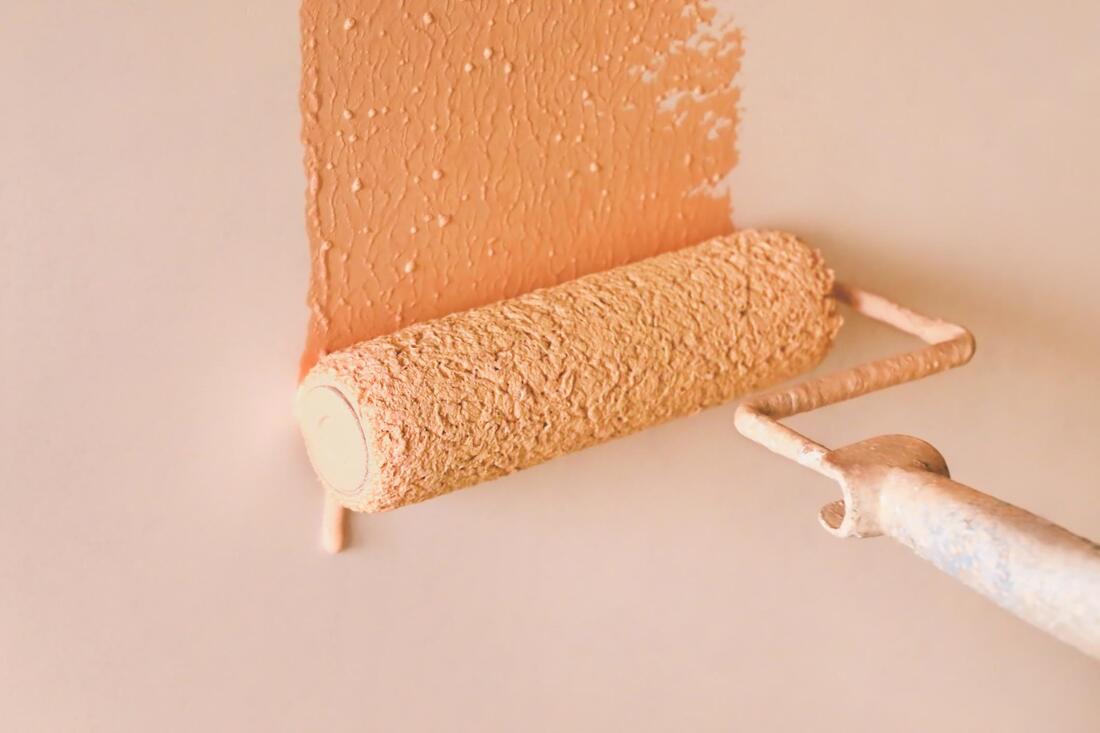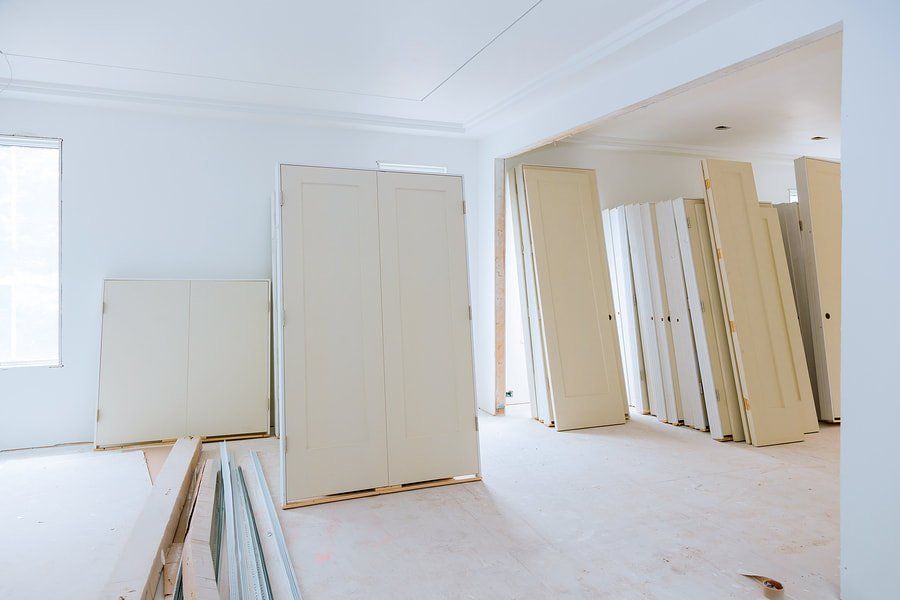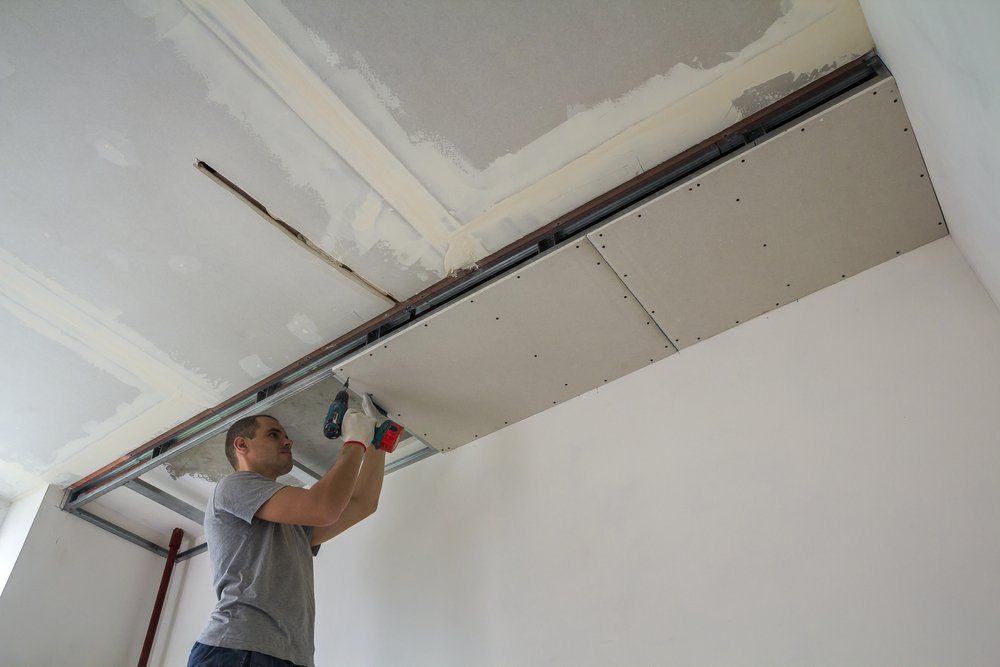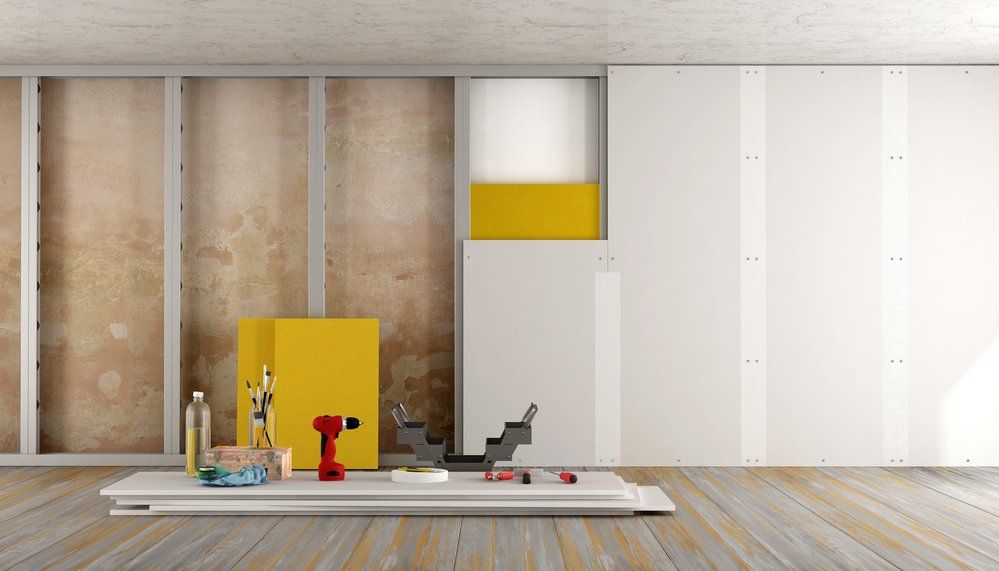Blog
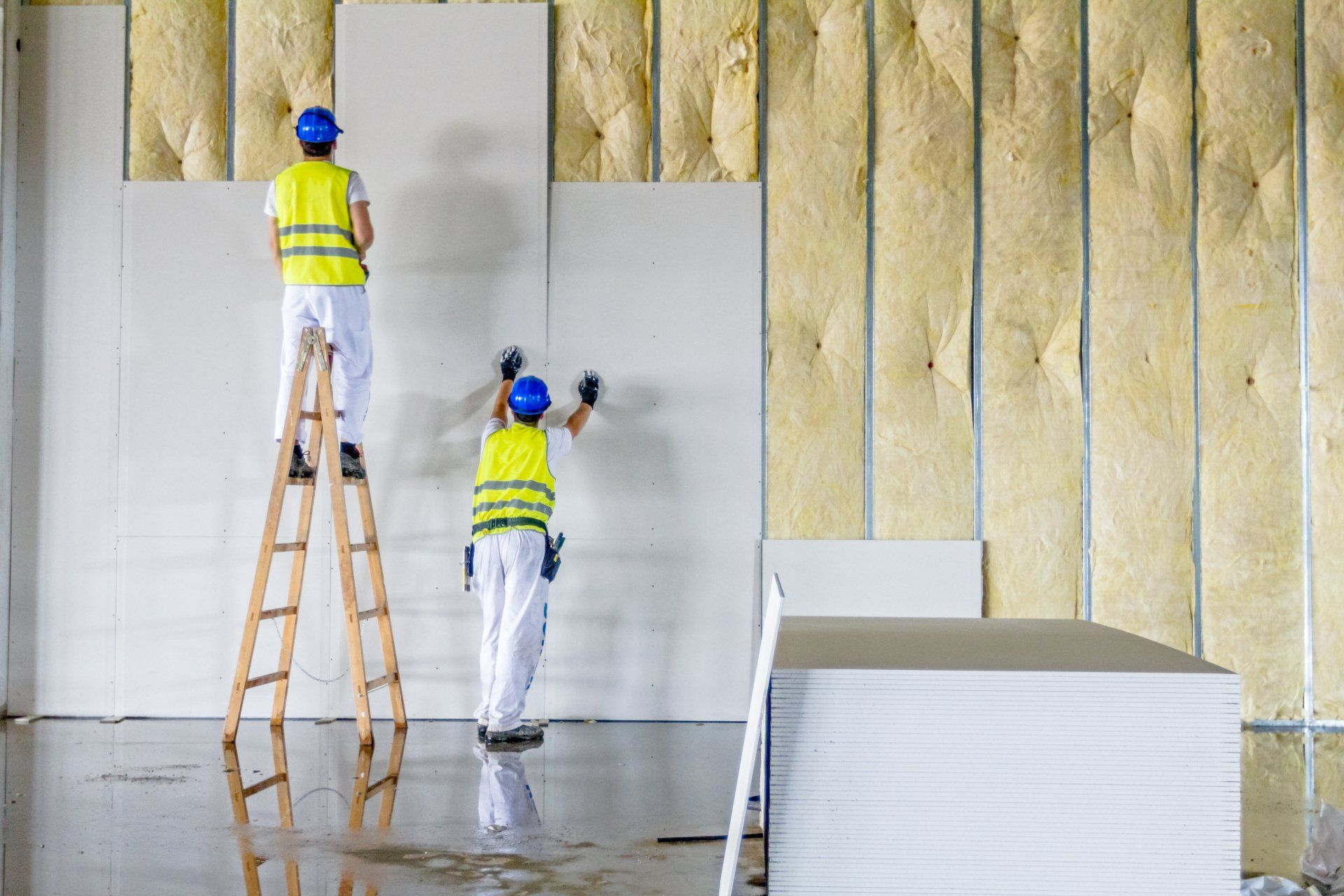
Estimating your total expenses is essential to avoid exceeding your planned budget when it comes to construction projects. Drywall installation is a big project. It also involves the following factors: the installment, labor, materials, and other equipment involved, such as installing drywall access doors and panels for your wirings or plumbings. These processes will involve additional payments that you will have to include in your budget. On the bright side, you won't have to worry if you'll exceed your budget. This article will serve as your guide to know what to expect when dealing with drywall installation projects. But first, you need to choose what type of drywall you want for your establishment because this will also vary in the total costing of the project. Types of Drywall There are also other drywall options that you can choose from if you have a bigger budget. You can select from either of the options on which is much more efficient for the space you are renovating. The standard drywall is the most economical option on the market. Still, if you are interested in other expensive types, these options may be worth the additional investment in some cases. Moisture-resistant panels: This drywall option is more beneficial for humid rooms, which are most likely your bathroom or kitchen. Mold-resistant panels: If you think the room you're renovating is susceptible to high levels of moisture, then a mold-resistant material could be worth it. However, they're more expensive than standard moisture-resistant panels and still won't cope with saturated or flooded conditions. Fire-resistant panels: This option is advantageous if you want to use non-combustible fibers of different ratings. These are most likely in commercial settings. However, this material is required in a garage if it shares a wall or ceiling with the main home. Soundproof panels: This type of drywall is ideal for music rooms, a baby's room if you want to dampen external noises, or even a teen's bedroom if they enjoy the company of loud music. Eco-friendly panels: If you want a more environmentally friendly alternative, then this drywall is for you. Drywall panels constructed from recycled materials are available in the market, but unfortunately, sustainable materials typically cost more than regular drywall. Drywall Hanging and Taping Drywall installation costs vary significantly in the United States. Typically, residential jobs range from $955 to $2547 with an average of 1,000 square feet at $2,290; the area, contractor, and specs tend to impact the job's overall cost intensely. Adding specialty material such as green board or other brands of drywall for fire resistance or adding features that require special skills such as archways can increase the price. Cities in the northeast, such as New York City and Philadelphia, tend to have the highest labor and material costs in the country, drastically increasing the cost of having drywall installed on your project. On a per-square-foot basis, the average range for drywall installation costs is between $1.60 and $2.35. Meanwhile, with outliers at $1.20 and $3.00 on the low and high ends of the field. Materials When deliberating on the material costs, first, you must answer the question, "what type of drywall do you need for the job?" Three-eighths, half-inch, and five-eights are the mainstays of most projects, with some specialty archways and similar projects requiring quarter-inch. Understanding all of the materials needed for the specs and codes of the project is a vital part of creating a solid estimate of drywall installation costs. Another aspect to consider is how material prices can rapidly change. Generally speaking, you want to lock in prices for your estimate to ensure you can receive that price when it's actually time to build, but it can be a pain requesting a quote from your supplier every time you have a project come up. This extra work is why many contractors fail to get quotes from suppliers. This instance can lead to problems if a sudden national supply shortage following a natural disaster, manufacturing plant fire, or a similar issue causes a shorter supply than is usually available. Labor Costs When choosing the right people for installing your drywall, an experienced one may cost a little more, but you will have the assurance that the project will go smoothly according to plan. An experienced worker will surely know the flow of the project, like how to install an access panel in a drywall ceiling and other processes. Similarly, an inexperienced taper may take much longer to get the job done, so even though their hourly wage is less than a professional taper, they will tend to cost more in the long run because they move more slowly. The distinction in a company's quoted price is generally more inclined on its labor costs than material costs. There is a wide range in labor costs from one company to another based on its structure and ability. Labor prices may also vary from state to state and different cities. Prices for labor only for hanging and taping drywall can range from 45 cents per square foot to 100 cents per square foot. You should expect to pay more in work for rooms with high ceilings, tricky angles, or decorative undersurfaces. Permits, Prep Work, and Rentals Beyond simple labor and materials, there are several other different job-related costs that your business wouldn't sustain unless you were working on that specific project. Permits for the project, extra labor, expenses for having prep work done before drywalling, and other included chores can eat away at your profitability if you don't take them into account. When you're estimating a new job, it's essential to consider every potential expense so that you include everything. Overall, when it comes to drywall installation, estimating the value of the project is vital. First, you need to make a checklist of the different materials included. Hiring a trusted contractor for the project will also allow you to ensure how much the project will cost. Remember to ask for quotes from different companies before starting your construction project. With this, you will secure that your estimated budget will go according to plan.

